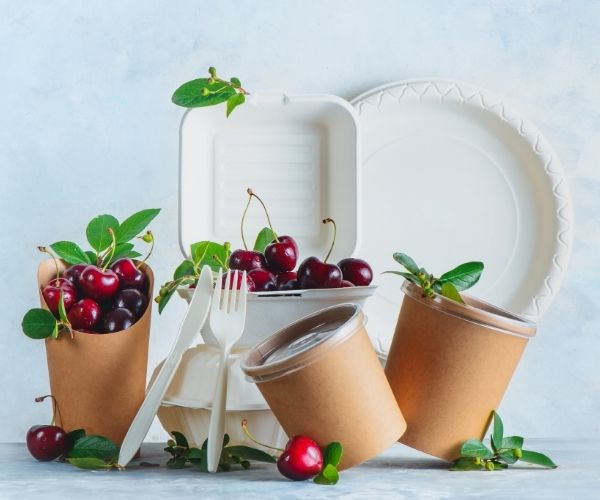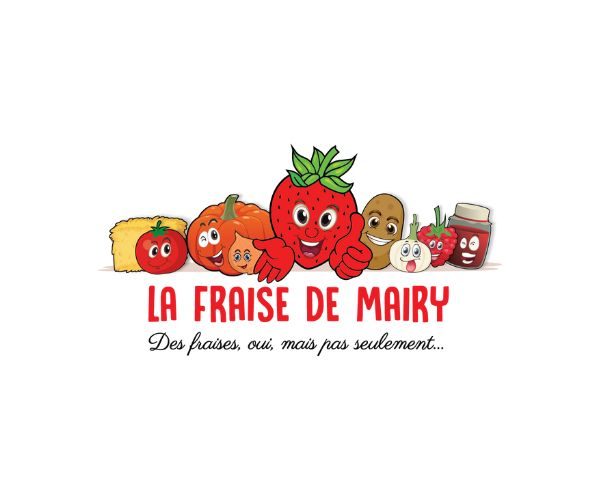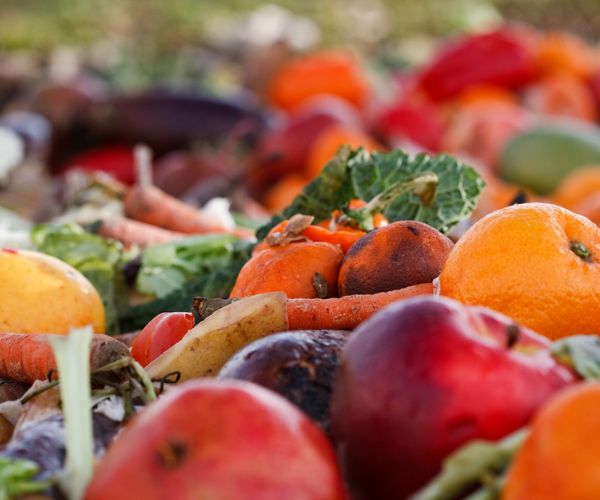Packaging
Recycled materials and food packaging: LNE, INRAE, IPC and CTCPA strengthen their collaboration
07
Jul

Published on : 07/07/2022
The Laboratoire national de métrologie et d'essais (LNE), the Institut national de recherche pour l'Agriculture, l'Alimentation et l'Environnement (INRAE), the Centre Technique Industriel de la Plasturgie et des Composites (IPC) and the Centre Technique de la Conservation des Produits Agricoles (CTCPA) have just signed a framework agreement to strengthen their collaboration on the assessment of health risks related to the use of recycled materials for food packaging.
The various regulations relating to the fight against waste and the circular economy encourage the recycling and reuse of materials for the same uses and purposes, including food packaging. However, the use of recycled materials for this purpose faces many technical difficulties related to the assessment and management of health risks associated with potential contamination.
Already involved in joint research projects on these topics (such as the Actia SafeMat Joint Technology Unit and the Actia ProPack Food Joint Technology Network), LNE, INRAE, IPC and CTCPA have formalized their collaboration through a five-year framework agreement. The aim is to provide a response to the rapidly changing societal demands set out in the law on the health risks of recycled materials.
This collaboration makes it possible to form a multidisciplinary partnership representative of the players in the food packaging sector, capable of mobilizing knowledge and expertise at the highest level to understand the multiple consequences (technological, sanitary, economic) of the widespread use of recycled materials for food packaging.
Several studies will thus be conducted to evaluate :
- the performance of functional barriers or decontamination processes
- the risks associated with certain uses of recycled materials (shaping, conditions of use by the food industry and consumers) or their management (origin, deposit, aging, traceability)
- the compatibility of the recycled materials (alone or in combination) with the food and its processing.
This partnership will result in the provision of methods for assessing the safety of recycled materials. It will promote the emergence of protocols and reference materials to support the industry (chemicals, plastics, food processing, distributors, catering, waste collectors and recyclers) and thus contribute to the development of the circular economy and waste reduction.
Press contacts:
- LNE : Alexandre Papin - alexandre.papin@lne.fr - 01 40 43 38 92
- INRAE : Press Office - presse@inrae.fr - 01 42 75 91 86
- CTCPA : Anaïs GUILLOT - communication@ctcpa.org - 01 53 91 44 04
- IPC : Alexandra LENOIR - alexandra.lenoir@ct-ipc.com - 02 22 06 15 29
About LNE
Groupe LNE provides companies, manufacturers, institutions and local authorities with the technical solutions they need to meet their performance, competitiveness and innovation challenges. Its expertise covers research, expertise, metrology, testing, certification and training. It has defined four priority areas of application: digital transition, industrial competitiveness, ecological transition, safety and health.
LNE is particularly involved in the deformation and characterization of materials, the health assessment of packaging (for contact with food, cosmetics, biologicals, pharmaceuticals, etc.) and the assessment of associated contamination risks.
About INRAE
INRAE, the French National Research Institute for Agriculture, Food and the Environment, is a major player in research and innovation created on January 1, 2020. A research institute resulting from the merger between INRA and Irstea, INRAE brings together a community of 12,000 people, with 273 research, service and experimental units located in 18 centers throughout France. The Institute is one of the world's leading research organizations in agricultural and food sciences, plant and animal sciences, and ecology-environment. It is the world's leading research organization specialized in the "agriculture-food-environment" field. INRAE's ambition is to be a key player in the transitions required to meet the major global challenges. Faced with population growth, climate change, resource scarcity and declining biodiversity, the Institute is building solutions for multi-performing agriculture, quality food and sustainable management of resources and ecosystems.
About the CTCPA
The CTCPA, Industrial Technical Center (CTI) and Agro-Industrial Technical Institute (ITAI) is a research and service center that has been assisting food companies for 70 years in their product and process development, preservation of food quality and safety, environmental and industrial performance and on their packaging. The CTCPA provides services for all food processing companies (from start-ups to large groups) in the form of audits-consulting-studies, laboratory analyses (microbiology/molecular biology, nutritional quality, packaging), trials and pre-series in technological halls, process evaluations and intra and inter-company training.
The CTCPA has historically carried out collective research and technical-regulatory support missions for the canned, dehydrated and frozen vegetable industry.
About IPC
IPC is the Industrial Technical Center that the profession has set up to catalyze plastic and composite innovation in France.
IPC has developed significant resources to support all companies, particularly very small and medium-sized businesses. The network of experts is present throughout France and works closely with French and European technological and scientific players, enabling it to support and respond to companies on R&D, innovation, technology and skills transfer issues, whatever the process used.
In particular, IPC has set up three expertise platforms dedicated to technology transfer to meet the major challenges facing the industry. They now support companies by providing R&D support: DIS 30 for the circular economy, PRINTER for the industry of the future and 3D printing, and HYPROD 2 for high added value products.
IPC's teams support industrialists to bring innovation to fruition: study, protocol establishment, feasibility, or technology transfer...
For more information: www.ct-ipc.com @CT_IPC






